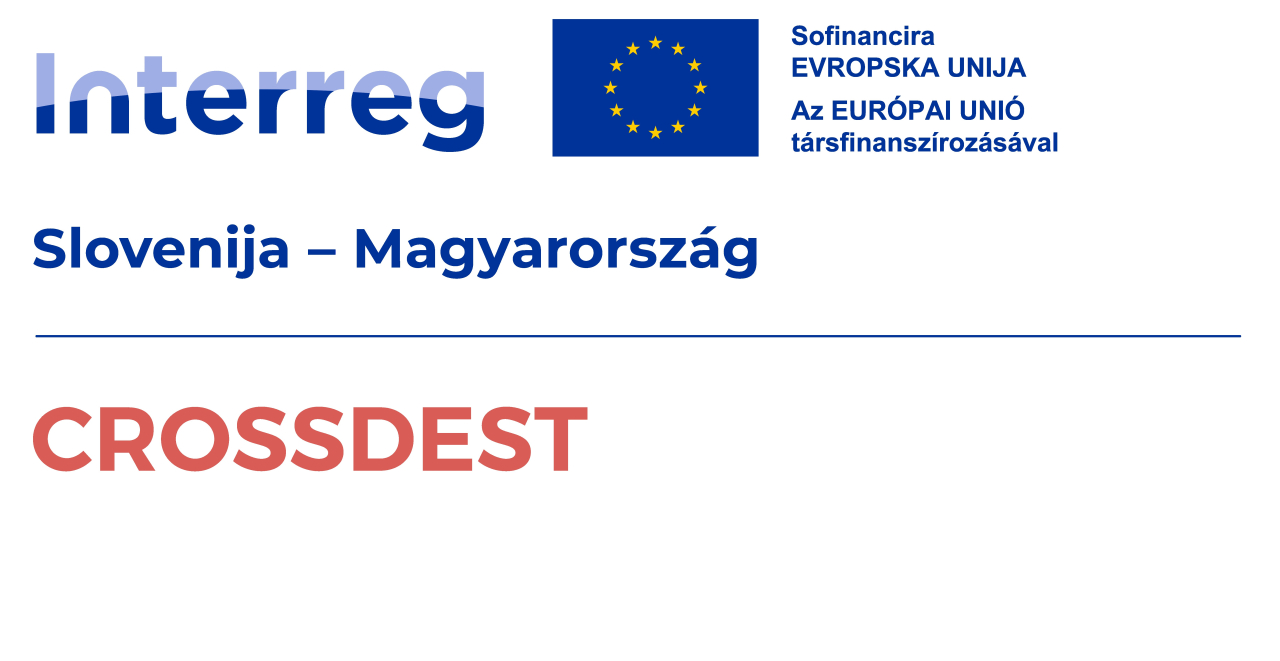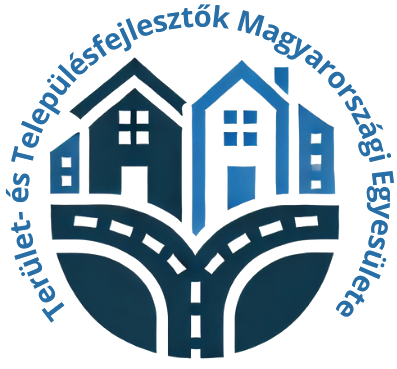Szeged
History, culture, and a sustainable future in the city of sunshine Szeged, the major city on the banks of the River Tisza, boasts a history spanning thousands of years: the area was inhabited as early as the Neolithic period, and the Romans established a settlement here under the name Partiscum. After the Hungarian conquest, Hungarian communities settled in the region, and from 1183, it was already mentioned as an important centre for salt trade. During the Middle Ages, it flourished as a trading city and was granted the status of a free royal town in 1498. Despite the storms of history – such as the Turkish occupation or the devastating flood of 1879 – Szeged has always managed to rise again. Rebuilt with international cooperation, the city today harmoniously combines its historical heritage with a modern urban landscape. The symbol of its post-flood rebirth is the Szeged Cathedral, which remains a defining landmark and community space for the city. Today, Szeged is the economic, cultural, and scientific hub of the Southern Great Plain. Thanks to the University of Szeged, it is a dynamic university town where research, development, and innovation play a central role. Its cultural life is vibrant, with annual events – such as the Szeged Open-Air Festival or the Szeged Youth Days – gaining national and international recognition for the city. Its sustainability efforts are also reflected in tourism: the city aims to remain a liveable, attractive, and value-preserving destination in the long term. The natural environment, local values, community initiatives, and educational institutions together ensure that Szeged is an exciting and authentic destination for environmentally conscious travellers. With excellent transport connections and its location at the tri-border region, it serves as a driving force for cultural and economic cooperation in the area. Szeged is proud not only of its past but also of its sustainable future – a city worth exploring for those who seek value in their travels. - editorial content -








